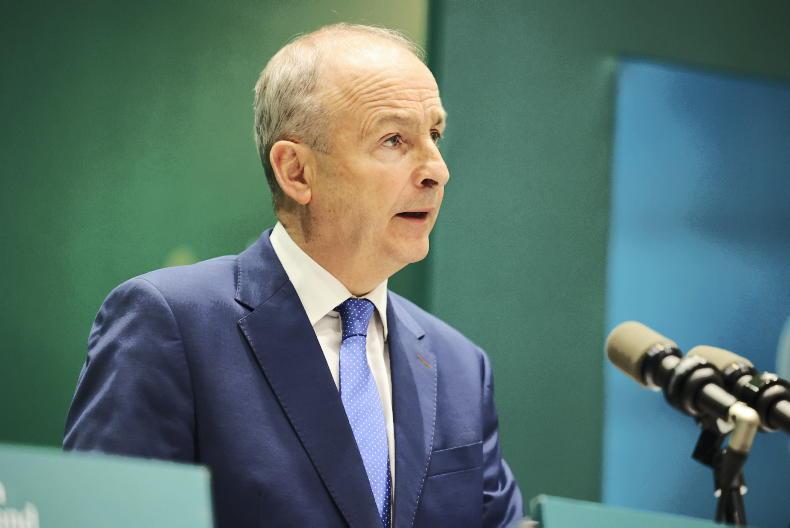The IFA has added its voice to calls for cuts in interest rates being charged in Ireland.
Speaking in advance of the Dáil debate on variable interest rates, IFA farm business chair Martin Stapleton said there is an “urgent need to address excessively high interest rates” for farms and other small businesses.
A motion tabled by Fianna Fáil for debate on Wednesday evening is calling for the Central Bank to be given the power to set maximum interest rates if there is a lack of competition in the marketplace.
“The lack of competition in the Irish banking sector has led to interest rates far in excess of other EU countries,” said Stapleton. “The proposed legislation correctly identifies some of the major issues in the Irish banking sector, which are common to the home mortgage sector and to farmers and SMEs. These include an overall lack of competition in the sector, and the difficulties faced by customers in switching providers. This is a particular issue for farmers, as the costs of changing banks and of registering a legal charge for secured borrowing are so high that it reduces the value of a more attractive interest rate.”
In addition, Stapleton has recently written to the banks as cashflow and income pressure mounts. “We have made clear to the banks that they must support their farmer customers in 2016 through extending working capital to farmers and their suppliers, providing flexible and affordable restructuring options to alleviate cashflow difficulties; providing term loan financing for past investments that have been previously financed by cashflow; and taking prompt decisions on loan applications,” he said.
Stapleton has asked the banks to write directly to their customers to alert them to the supports that are available, and to assure them that the bank is aware of the external factors contributing to the cashflow difficulties on farms this year. ‘‘I urge farmers to take stock of their financial position now, and engage early with the banks. Putting a plan in place now will reduce the stress and difficulties later in the year when income pressures mount,” Stapleton said.









SHARING OPTIONS